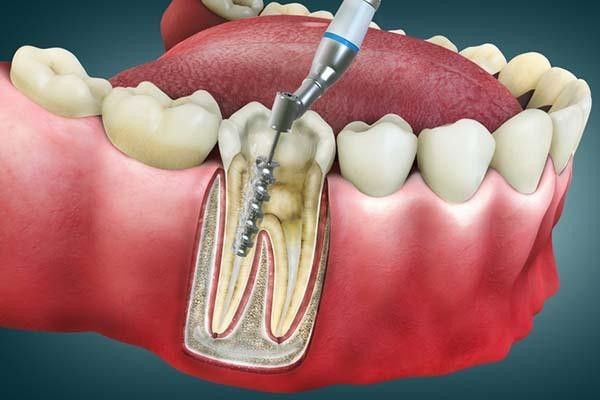Dental implants are a popular and effective solution for replacing missing teeth, offering a natural look and feel. However, not everyone is immediately eligible for dental implants. One of the key requirements for a successful implant procedure is having sufficient jawbone density to support the implant. You may need bone grafting before receiving dental implants in Jeffersontown, KY, if you have experienced bone loss due to tooth loss, gum disease, or other factors.
Here are common signs you may need a bone graft.
- You Have Lost a Tooth and Haven’t Replaced It for a Long Time
When a tooth is lost and not replaced promptly, the jawbone in that area begins to deteriorate due to a lack of stimulation. Over time, this bone loss can become significant, making it difficult to support an implant. If you lost a tooth years ago and are now considering an implant, your dentist may recommend a bone graft to restore lost bone volume before implant placement.
- Your Jawbone is Too Thin or Weak
For a dental implant to be successful, it must be anchored securely into the jawbone. However, if your jawbone is too thin or weak, it may not be able to support the implant properly, leading to implant failure. A bone graft can help strengthen and thicken the jawbone, ensuring the implant has a solid foundation for long-term success.
- You Suffer from Gum Disease (Periodontitis)
Advanced gum disease, or periodontitis, can lead to significant bone loss in the jaw. If you have a history of gum disease, there is a high chance that your jawbone has been affected. Before an implant can be placed, a bone graft may be necessary to rebuild the lost bone structure and create a stable base for the implant.
- You Experience a Sunken Facial Appearance
Bone loss in the jaw can affect more than just your ability to get dental implants—it can also change your facial appearance. When the jawbone deteriorates, it can cause the cheeks to appear sunken, making you look older than you are. If you notice changes in your facial structure due to missing teeth and bone loss, a bone graft may help restore volume to your jaw and improve your overall appearance.
- Your Dental X-Rays Show Bone Loss
Dental X-rays can reveal underlying bone loss even if you don’t notice physical symptoms. During your consultation for dental implants, your dentist will take X-rays or a CT scan to assess the condition of your jawbone. If the images show significant bone loss, your dentist may recommend a bone graft to improve the chances of a successful implant procedure.
- You Have Had Trauma or Injury to the Jaw
If you have experienced a facial or jaw injury due to an accident, sports injury, or other trauma, you may have suffered bone loss in the affected area. Depending on the severity of the damage, your jawbone may not be strong enough to support an implant. In such cases, a bone graft can help restore lost bone and ensure a stable foundation for the implant.
- You Have Osteoporosis or Other Bone-Related Conditions
Osteoporosis and other conditions that affect bone density can impact the strength of your jawbone. If you have been diagnosed with osteoporosis or have a history of brittle bones, your dentist may need to assess whether your jawbone is strong enough for an implant. A bone graft may be necessary to provide additional support before the implant procedure.
What to Expect During a Bone Grafting Procedure
If you need a bone graft, your trusted Jeffersontown KY dentist or oral surgeon will perform the procedure before placing the dental implant. The grafting process involves taking bone material—either from your own body, a donor, or synthetic sources—and placing it where the implant will be positioned. Over time, the grafted bone fuses with your existing bone, creating a stronger foundation.
The healing period for a bone graft varies depending on the extent of the graft and your overall health. The new bone can take several months to integrate, after which the implant can be placed fully. However, in some cases, a minor bone graft can be performed simultaneously as the implant placement.
Conclusion
If you’re considering dental implants but have experienced tooth loss, gum disease, or other factors affecting your jawbone, you may need a bone graft before proceeding. The best way to determine whether you need a bone graft is to consult your dentist or oral surgeon, who can assess your jawbone density through X-rays and other diagnostic tools.
A bone graft can significantly improve the success rate of dental implants, ensuring they remain stable and functional for years to come. If you suspect you may need a bone graft, don’t hesitate to schedule a consultation with your dental professional to explore your options and achieve a healthy, confident smile.

